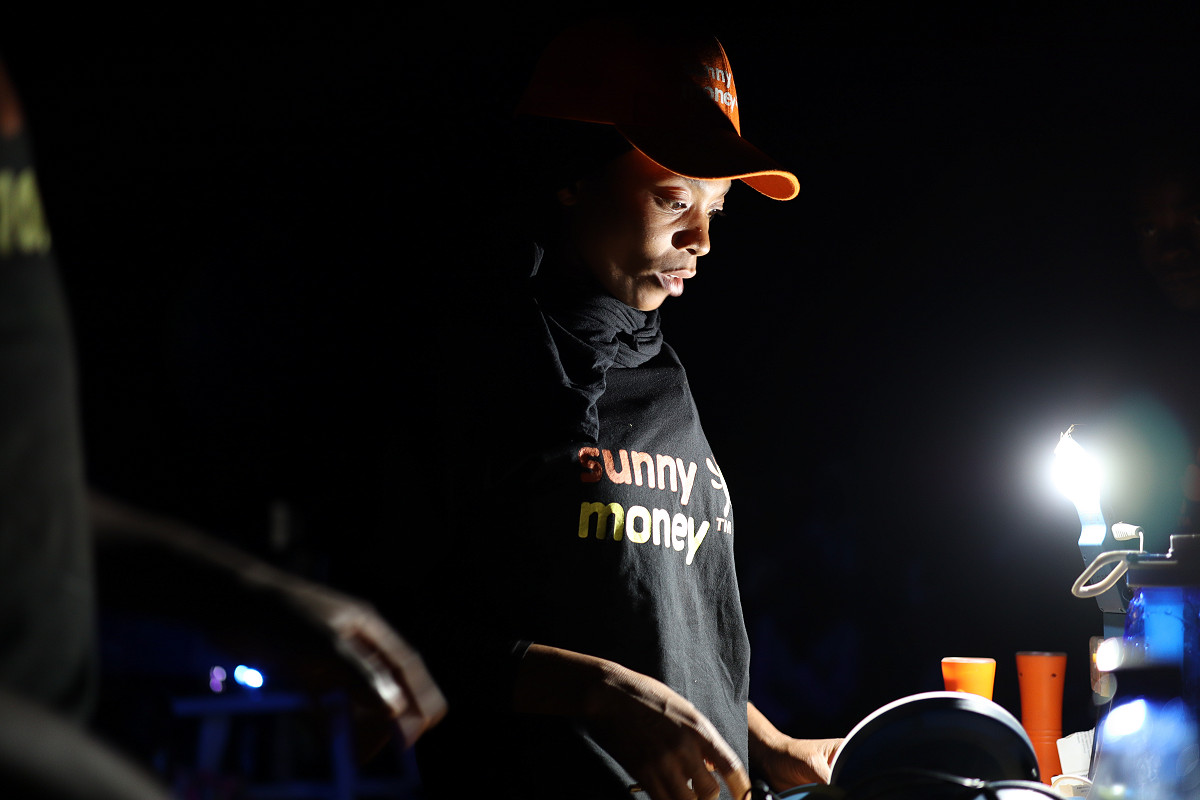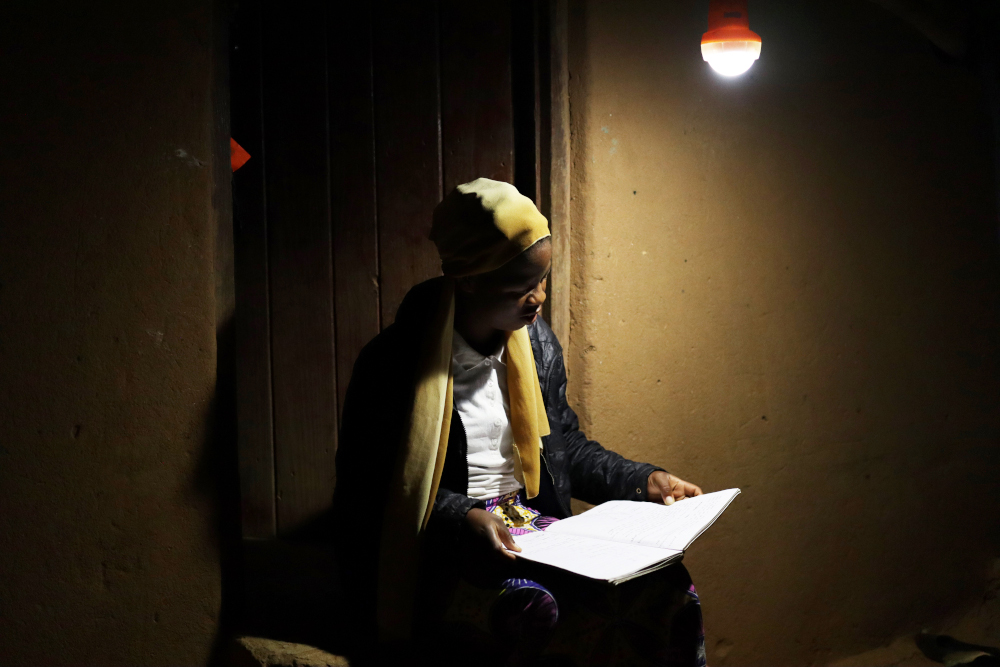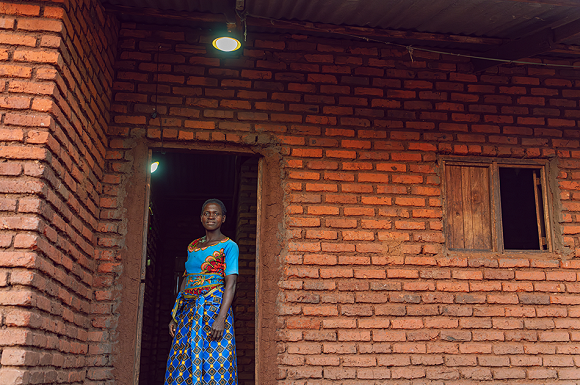05/02/2013
SolarAid given “Permission to Fail” by Turner Kirk Trust founders

Key headlines:
The Turner Kirk Trust has provided a £90,000 gift to SolarAid to establish a brand-new innovation hub in Kenya.
The new ‘SunnyMoney Brains’ Unit will create, test, and then implement new trading models that could help increase the distribution of solar lights around Africa.
The ‘SunnyMoney Brains’ unit will work to discover a model that can reach thousands more communities. The project has been given ‘permission to fail’, as the Trust strongly believes only through failing and learning can a solution for this problem be found – and SunnyMoney will provide the Trust with regular failure reports for that reason.
In 2011, SolarAid was distributing less than 1,000 solar lights a year, mainly in schools in Tanzania. The aim of the charity was to distribute as many lights as they had the resources for, but this would not make them capable of reaching everyone without electricity.
“This project is about testing new ideas that have the potential to transform how the charity distributes its solar lights across Africa. Some ideas might work, some will almost certainly fail, and that’s okay. We want the charity to embrace failure, but learn fast from it.”

The ‘SunnyMoney Brains’ unit will work to discover a model that can reach thousands more communities. The project has been given ‘permission to fail’, as the Trust strongly believes only through failing and learning can a solution for this problem be found – and SunnyMoney will provide the Trust with regular failure reports for that reason.
Over 548 million people in sub-Saharan Africa live without access to electricity. Without a sustainable source of energy, children cannot study or do their homework and adults find it much harder to make a living.
Throughout the continent, millions of households are reliant on candles and kerosene lamps. This impacts not only the environment, but their health and safety as well. Homemade kerosene lamps emit toxic fumes and cost up to 15% of a family’s income.
The Turner Kirk Trust’s donation will help tackle a problem affecting millions and improve the lives of the people on the continent by increasing access to education, creating a cleaner, safer environment and ultimately enhancing their wellbeing.
Dr. Ewan Kirk, Co-founder of the Turner Kirk Trust, said:
“The scope of this project is far-reaching. The uptake in the use of solar lights will have a profound effect on increasing living standards in sub-Saharan Africa. These lights allow for increased studying hours, better physical health and improved safety for millions.
“No one should be forced to choose between feeding their family or lighting their home, and least of all without a safe way to do so. We hope that the Trust’s donation can play some small part in eliminating that choice.
“Through this new innovation hub, SunnyMoney will be able to find new ways to ensure children can study and do their homework, while adults can more easily make a living. The new lessons learned here can then be applied across all new SolarAid projects.”

